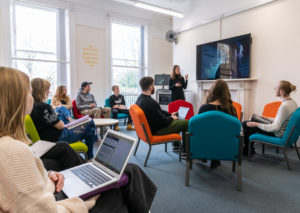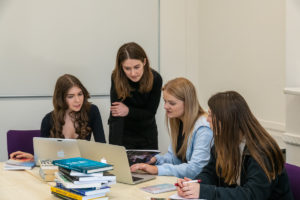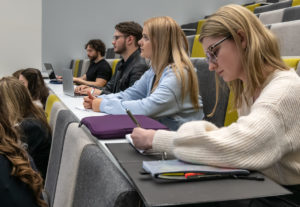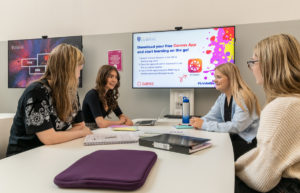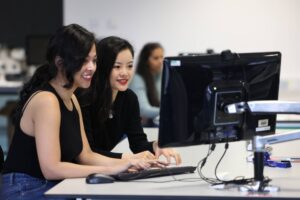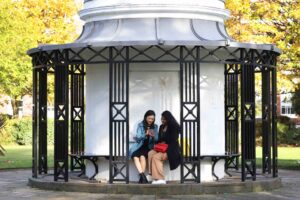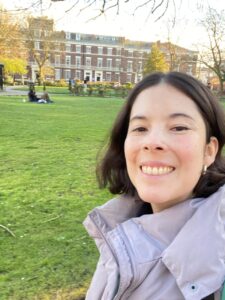How you'll learn
Teaching is delivered through weekly workshops held on campus. These usually last for 2-3 hours per module per week. Depending on which module options are taken, there may be lectures and separate seminar sessions scheduled.
Class sizes for master’s programmes in the Department of Communication and Media tend to be small, but numbers can vary depending on what option modules are selected. A typical class in Data Science and Communication will include between 10-20 students.
How you're assessed
The assessment strategy is designed to emphasise tasks which mirror those that students might undertake as professionals and researchers. The choice of privileging authentic assessement is in line with Curriculum 2021 and responds to the overall educational goal of endowing students with skills to navigate the complexity of the Networked Society by informing communication challenges through data science. Thus, each module shows assessements tailored to different disciplinary areas with the inclusion of empirical components. For example, in a module such as Introduction to Data Science students are asked to deliver an annotated computer code and elaborate on the results, while the module Data Visualisation requires the students to build a portfolio of visualisations and descriptions.
Feedback is given on all submitted work (formative and summative), with a view to the student’s reflective engagement with key issues in data science and communication, improved self-awareness and motivation to make progress for future exercises of the same sort, and towards the assessment activities.
Assessment is normally by coursework (test, essay), portfolios work online (blogs, reviews, media programming), and other research-led activities (reports, database management).
Liverpool Hallmarks
We have a distinctive approach to education, the Liverpool Curriculum Framework, which focuses on research-connected teaching, active learning, and authentic assessment to ensure our students graduate as digitally fluent and confident global citizens.
The Liverpool Curriculum framework sets out our distinctive approach to education. Our teaching staff support our students to develop academic knowledge, skills, and understanding alongside our graduate attributes:
- Digital fluency
- Confidence
- Global citizenship
Our curriculum is characterised by the three Liverpool Hallmarks:
- Research-connected teaching
- Active learning
- Authentic assessment
All this is underpinned by our core value of inclusivity and commitment to providing a curriculum that is accessible to all students.
